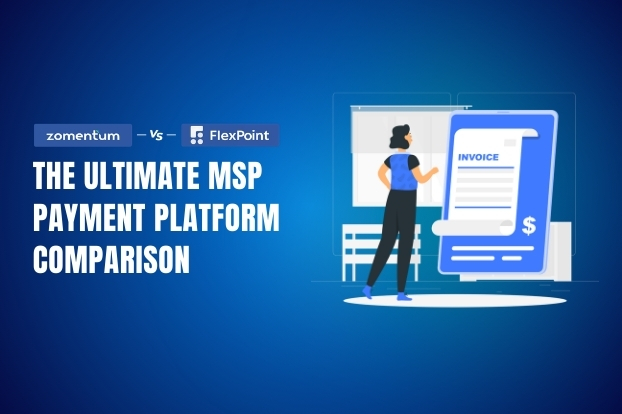Why You Must Use A CRM To Manage Sales

Businesses have their approaches to function, and to deal with situations. The business operations might just change (as predicted) post the lockdown worldwide amid the COVID-19 outbreak. However, there are certain aspects to manage the business’s functionalities that would never change, like a Customer Relationship Management (CRM) software.
Organizations realize the need for a CRM, without which it’s difficult to compete and grow your business. Sadly, there are organizations that understand the importance of CRM and yet have not adopted one.
We bring this article for our MSPs, irrespective of their acceptance towards a CRM, to showcase the usages of CRM and the wonders the software can do. We hope MSPs who already have a CRM in place, would grasp knowledge on the wider use cases of the software, while MSPs who do not use a CRM, will understand its benefits.
Let’s begin,
The growth of CRM continues
“CRM is the fastest growing software market today. It was a $14 billion industry in 2010 and is expected to reach $80 billion by 2025. That’s nearly a 600% increase. (Source: Grand View Research).”
CRMs were once a cost-prohibitive technology but has now become one of the most affordable software applications. The rapid growth has driven the prices to drop, and newer technologies like SAAS and cloud computing helped to improve the functionalities and better user experience. The CRM industry is on the rise and is estimated to grow rapidly.
What does this mean?
Everyone from manufacturers to software providers are moving away from excel sheets and home grown ERPs to cloud based CRMs which are accessible from anywhere, have no infrastructure cost and are easy to use and in pockets.
The necessity to use CRM grows
“91% of businesses with 10 or more employees now use CRM software. (Source: CRM Magazine).”
The necessity to use CRMs are not limited to gigantic businesses. CRMs are being widely adopted by organizations with smaller teams to automate processes, improve alignment between sales, IT, and marketing teams, streamline processes and data, and for better customer relationships.
It’s about time that MSPs used CRM solutions to streamline their sales process while improving their customer experience.
Increase on investment
“A recent survey revealed that for companies that use a CRM, the average return on their technology investment is $8.71 for each dollar spent. (Source: Nucleus Research).”
For every dollar you spend on deploying a CRM in your organisation the returns gained in this case sales gained would be 8X of that amount. Not a bad deal, don’t you think?
CRM streamlines and automates the manual processes so you spend less time sending invoices and reminders and more time doing what matters.. Think strategizing and helping your clients instead of sending invoices (something that a CRM can easily take care of).
This proves to be a solid point for all the MSPs to adopt a CRM to see your revenue skyrocket.
Better customer experience
“A survey of CRM users reported that the most exciting opportunity users cited for acquiring CRM technology are the ability to improve the customer experience. That ranked higher than content marketing, mobile access, personalization, and social CRM capabilities. (Source: SuperOffice).”
By 2020, customer experience is expected to take over the price and product as the main driver behind consumer purchases. And this data proves to the world that it’s the right time for every business to adopt and use CRM.
Increased conversion rates
“Using CRM software can increase sales conversion rates by up to 300%. (Source: Cloudswave).”
CRM automates the entire manual process and frees up time for the teams so they can focus more on closing deals, nurturing relationships, building trust, illustrate, and understand the prospect.
This is an eye-opener to all the MSPs who consider CRM as an extra task added, rather than an application that’s built to reduce the huge number of tasks performed while doing sales.
Conclusion
The need for CRM is even greater now. While the world is thriving to stand back amid the coronavirus outbreak, businesses are planning and forecasting their future processes and sales strategies. If you are an MSP, who wishes to keep up with your business post lockdown, then it’s time that you avoid using excel sheets and perform tasks manually. By having a CRM in place, not only you will speed up your sales process, you can manage and achieve more with time.
Looking for a CRM that's best suitable for MSPs, explore Zomentum.
Suggested Blogs
.jpg)
10 Best Quoting Software Tools for MSPs and IT Service Providers

FlexPoint vs Zomentum Payments: The Ultimate MSP Payment Platform Comparison for 2026

